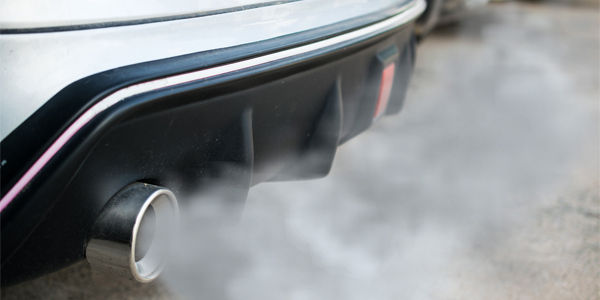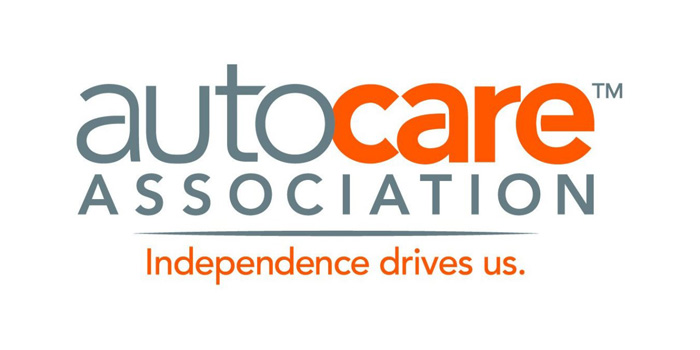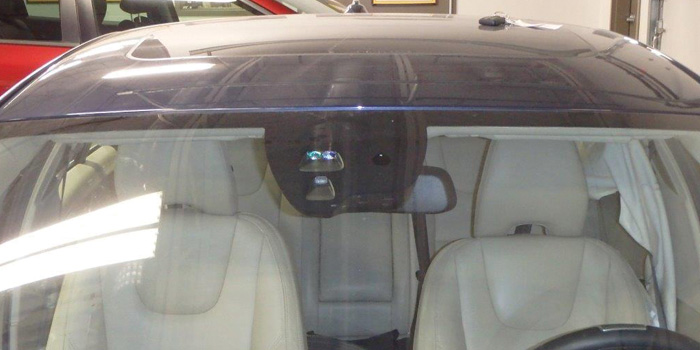The Auto Care Association strongly urged the New Jersey Assembly Consumer Affairs Committee in the New Jersey State House to pass A. 2612 legislation that would provide car owners with important information regarding their warranty rights when they purchase a new vehicle.
Testifying on behalf of the association, Aaron Lowe, senior vice president, regulatory and government affairs, Auto Care Association, described the Magnuson-Moss Warranty Act (MMWA), which contains anti-tying provisions that are some of the strongest regulations protecting consumers. Specifically, 15 USC Sec. 2302 states that manufacturers may not tie (condition) any warranty to the purchase of original equipment (OE) parts or service:
Prohibition on conditions for written or implied warranty
No warrantor of a consumer product may condition his written or implied warranty of such product on the consumer’s using, about such product, any article or service (other than article or service provided without charge under the terms of the warranty) which is identified by brand, trade, or corporate name.
“What this means is that while car owners must use franchised dealerships for warranty repairs, all maintenance work, including oil changes and brake jobs, that are the responsibility of the motorist, can be done wherever the car owner chooses,” said Lowe.
Over the past 12 years, the Auto Care Association and other automotive aftermarket groups have notified the Federal Trade Commission (FTC) of “highly manipulative, real-world tying violations” with a series of complaints detailing specific automaker actions.
The coalition also submitted comments during the FTC’s 2011 routine review of the MMWA’s effectiveness. While the FTC amended their interpretation of the tying prohibition to include statements that will make it easier for the agency to act against companies that mislead consumers regarding warranties, it did not adopt industry recommendations regarding the critical need for automakers to educate consumers about these rights.
“Unfortunately, many consumers are unaware of their rights under federal law when a warranty is voided due to use of a non-original part or service,” Lowe said. “The result is that either the car owner or an independent repair shop is saddled with the cost of warranty repairs, when those costs should have been borne by the franchised dealer or new car manufacturer. This is a daily occurrence across the country, but the interactions are difficult to document since consumers rarely know their rights.”
In his testimony, Lowe offered a Connecticut law as a solution.
“Connecticut signed into law a provision which mandates that at the time of the sale of a new motor vehicle, a new car dealer must deliver to the purchaser of the vehicle a printed explanation of the Magnuson-Moss Warranty Act. The Connecticut law (S.B. 99) specifically refers to the anti-tying provision of the MMWA, informing the purchaser that, the Magnuson-Moss Warranty Act… makes it illegal for motor vehicle manufacturers or dealers to void a motor vehicle warranty or deny coverage under the motor vehicle warranty simply because aftermarket or recycled parts were installed or used on the vehicle or simply because someone other than the dealer performed service on the vehicle.
“This simple response to the hidden abuse of consumers does not revise any federal or commonwealth law, but it will provide a very valuable piece of consumer education that could save them money and time, and ensure that they are not misled by either the dealership or the automaker. We urge the legislators of this committee to quickly pass legislation that will ensure that citizens are educated on their rights under the law and that those rights are protected.”









